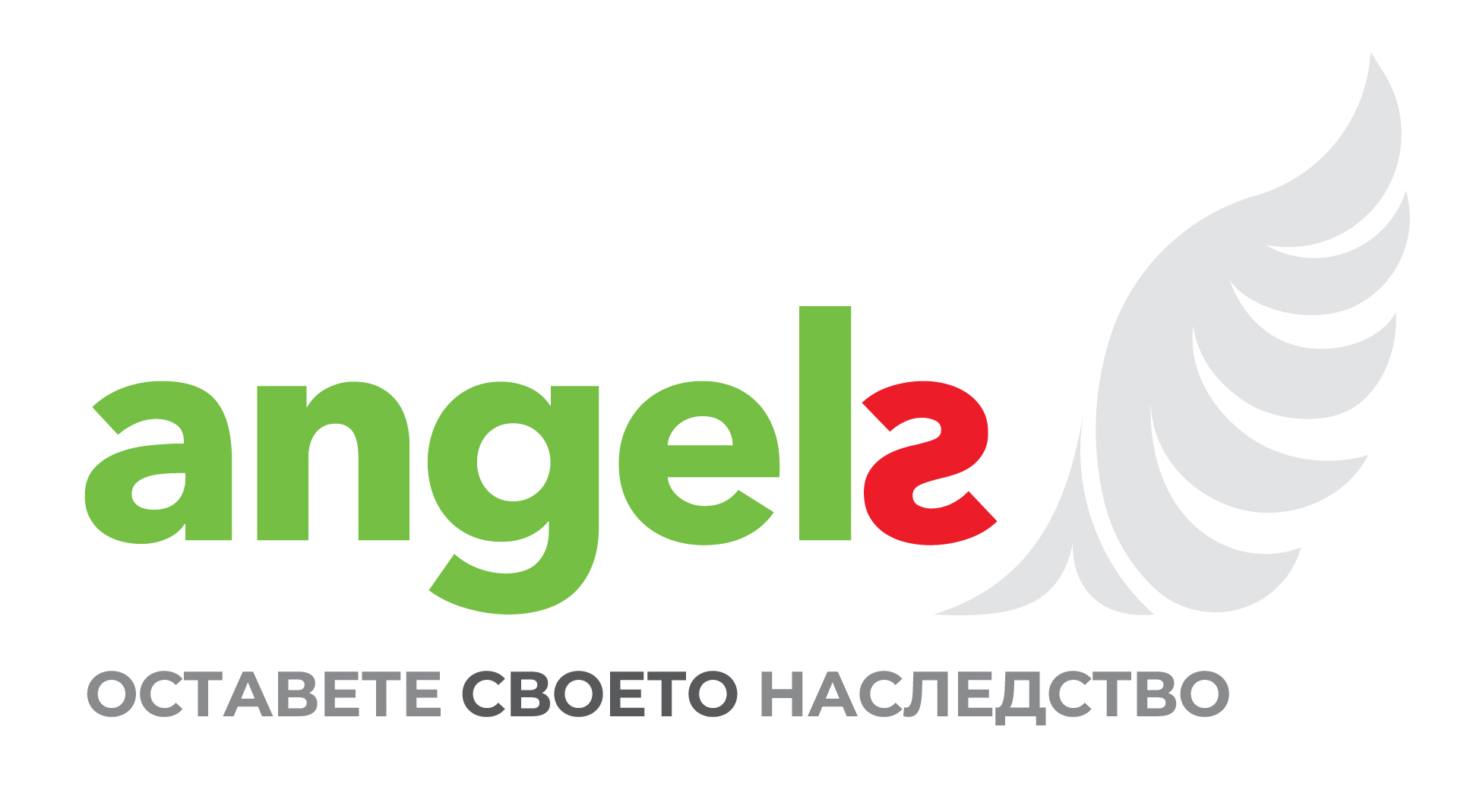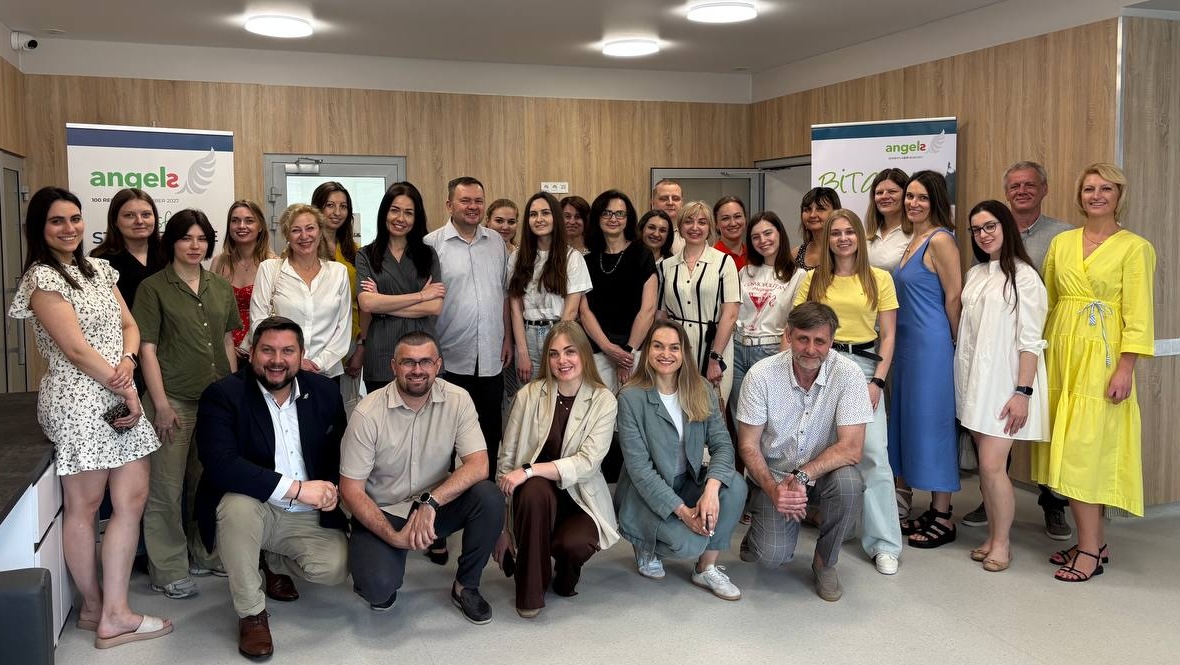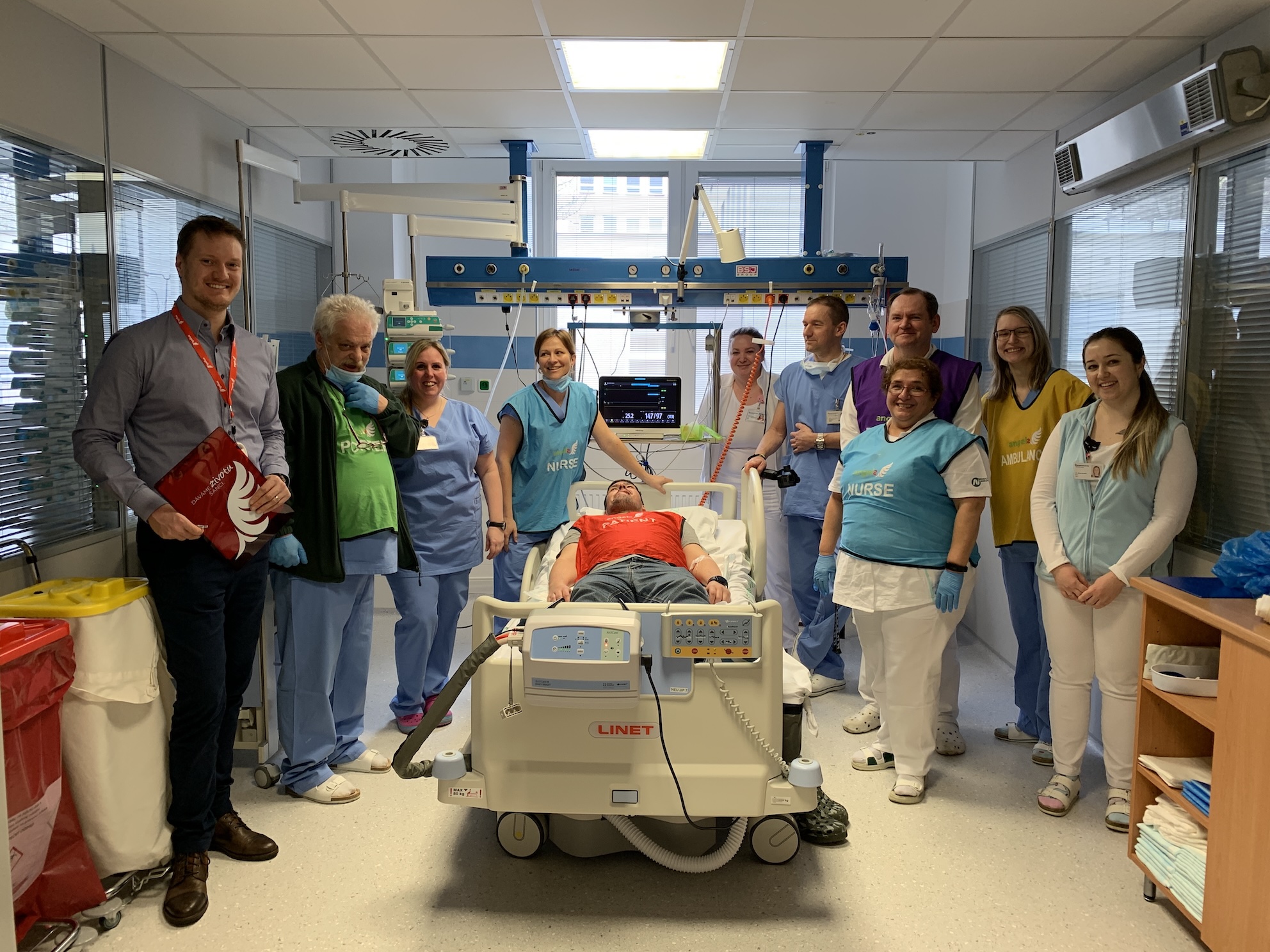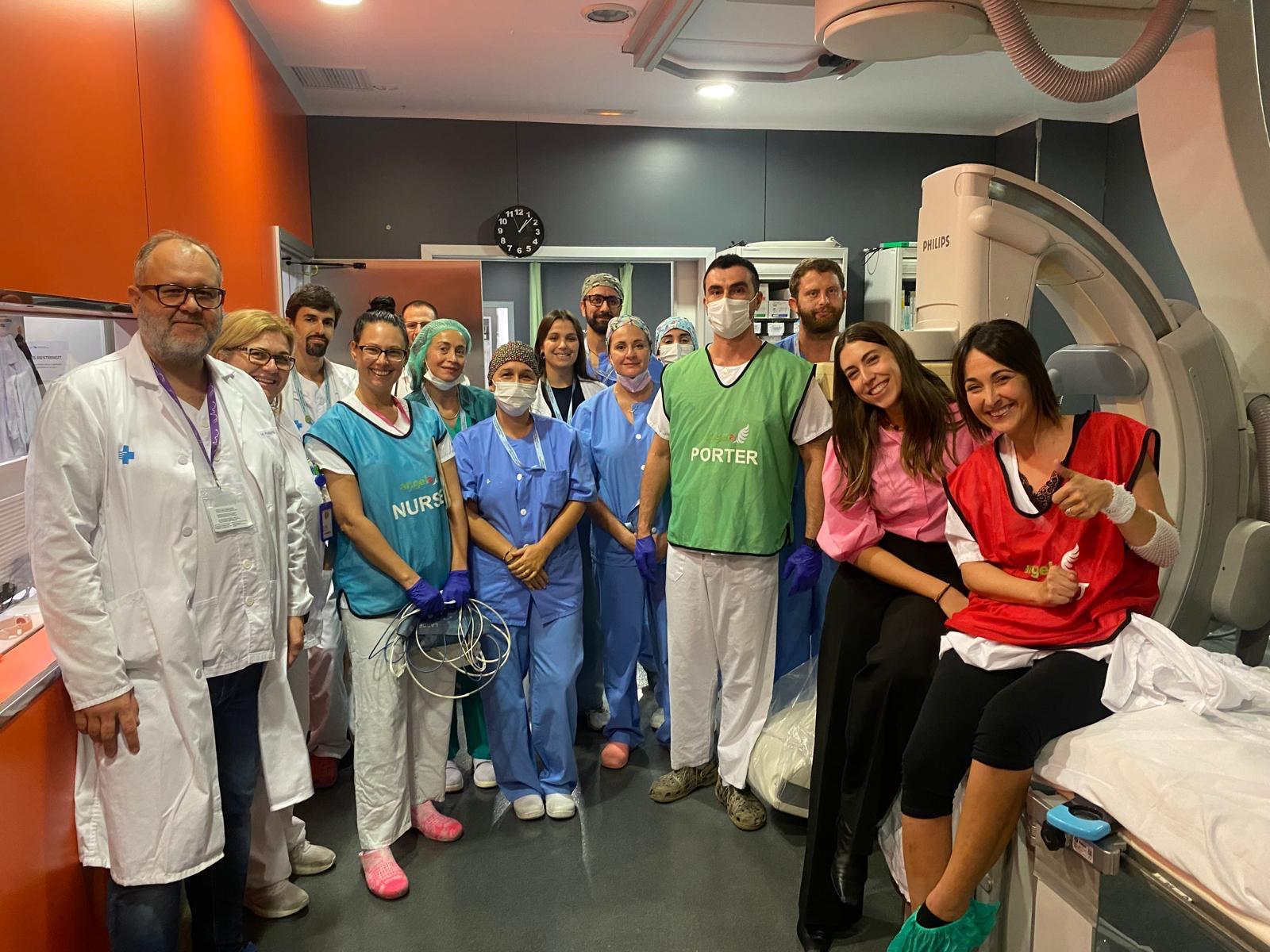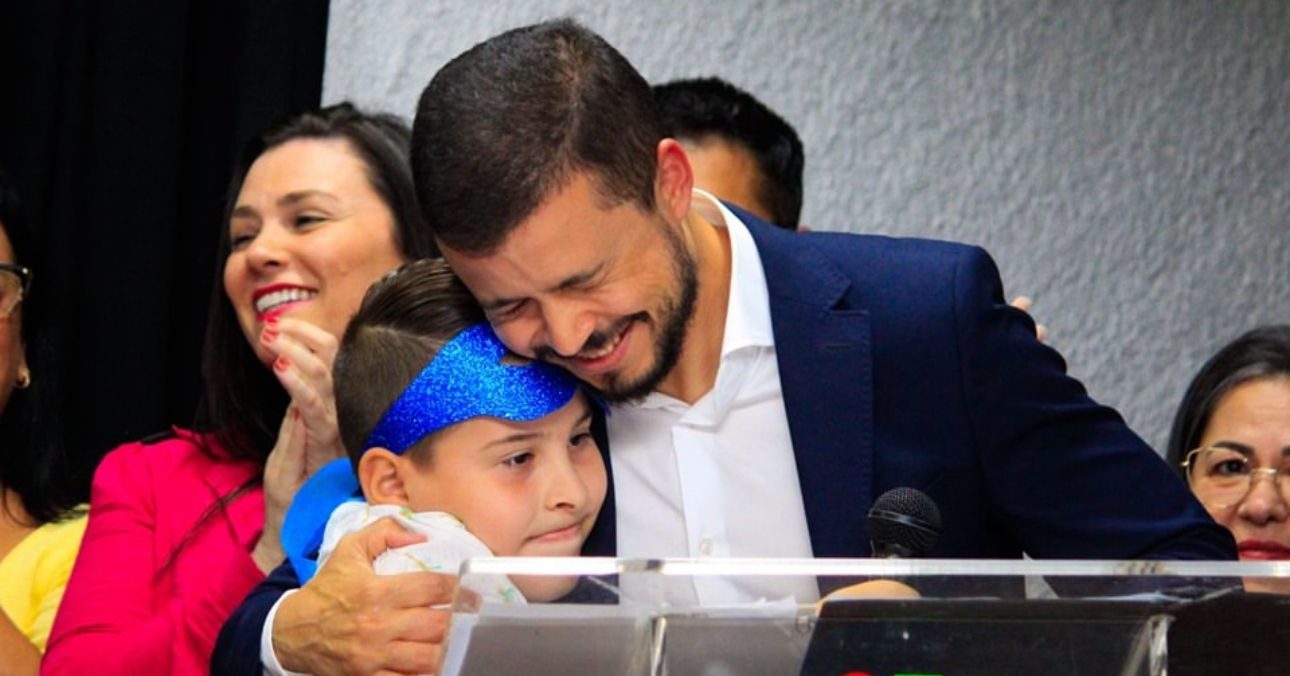
НОЩТА Е ПОНЕДЕЛНИК, 25 март 2024, а Сесилия Брага дос Сантос дава изпълнението на живота си. Натъпкана аудитория, заедно със 79-годишната оцеляла от инсулт, пее „Роза Бранка“, бразилска песен за страданието, любовта и живота.
Дона Сечилия е получила инсулт, докато е вземала уроци по пеене. Тя е закарана в единствената болница в нейния град, където лекарите й дават втори шанс за живот. Тази вечер тя има възможност да им благодари, като сподели подаръка си на сцената.
До нея зад сал от балони и гледайки как пее с усмивка на лицето си, е д-р Диогенес Гимараеш Зан, за когото този случай представлява върха на неговия академичен и професионален живот.
Тази вечер той е по-щастлив от всякога, благодарение на постигането на „очевидно невъзможна титла“.
„Тази титла не е предоставена на град с голям и находчив университет“, казва той в опит да определи количествено нейното значение. „Тази титла е дадена на малък град, където единствената болница е общинска болница без големи ресурси, които чрез организацията на процесите на грижи и ангажираността на хората са успели да постигнат титлата гиганти.“
Малкият град с титлата гиганти е Сапукая до Сул, разположен на 30 км северно от Порто Алегре в южна Бразилия, където д-р Диогенес ръководи отличения с награди екип по инсулт в общинската болница Getúlio Vargas. До голяма степен благодарение на ентусиазма му за промяна на грижите при инсулт в неговия град, ръководителят на екипа на „Ангели“ Камила Фахола избра Сапукая до Сул, за да пилотира нова стратегия за трансформация на грижите при инсулт.
Тя вече е приела Рибейрао Прето, средно голям град, разположен в щата Сао Пауло, който стана първият в света, спечелил статута на град „Ангели“. За да се постигне това определяне, градът трябва да постигне конкретни цели за образование за обществена осведоменост, спешен транспорт и неотложна помощ за инсулт. С общинската болница Getúlio Vargas, която вече е спечелила награда на WSO Angels, Сапукая до Сул беше една трета от пътя там. Те ще бъдат пренесени през финалната линия чрез колективна добра воля и социална мобилизация, подкрепа от местните власти, първа степен на СМП и невролог със страст към управлението на процесите и разбиране на физиката на Нютон.
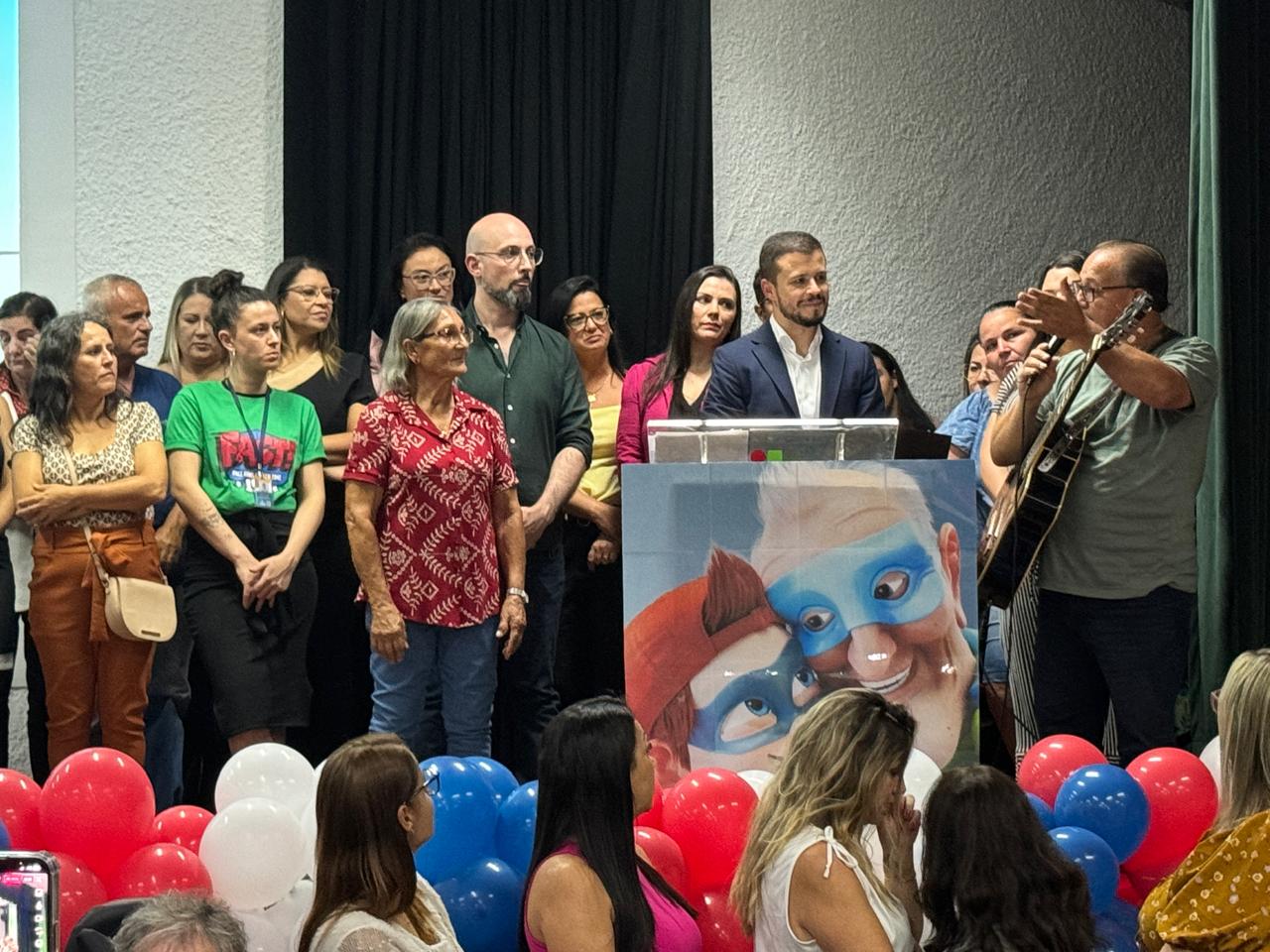
„Нютон беше прав“
Диоген Гимараеш Зан е израснал в скромно домакинство със солидна работна етика. Като любител на книгите, той работи в автомивка, преживяване, което го оборудва с възможността да се справя с всички видове хора и предизвиква апетита му за добре свършена работа.
Медицината беше „свещеничеството, което избра“ – посветена на доживотна служба в полза на пациентите. След шест години обучение по медицина, три години неврология, една година съдова неврология, две години интервенционална неврорадиология и още две години, за да получи магистърска степен, той не само е първият лекар на семейството си. Той е професор по медицина в Университета на Вале до Рио дос Синос и невролог и специалист по инсулт в общинската болница „Гетулио Варгас“, където става координатор на пътеката за инсулт през май 2021 г.
Между 2018 г. и 2020 г. вътреболничната смъртност от инсулт в тази болница е достигнала своя връх с нива над 15 процента.До края на 2023 г. тя е спаднала до 6,2 процента, резултат от процес на обучение и оптимизиране на процеса, по време на който д-р Диогенес научава, че най-големият противник на промяната е този, описан от закона за инерцията на Нютон.
Това е упоритата сила на „винаги е било така“, казва той. „Исак Нютон беше прав, когато заяви, че тенденцията на всеки обект е да поддържа движението си или да остане в покой. Промяната на болничните процеси и убеждаването и насърчаването на хората са много трудни етапи от всяка положителна промяна.“
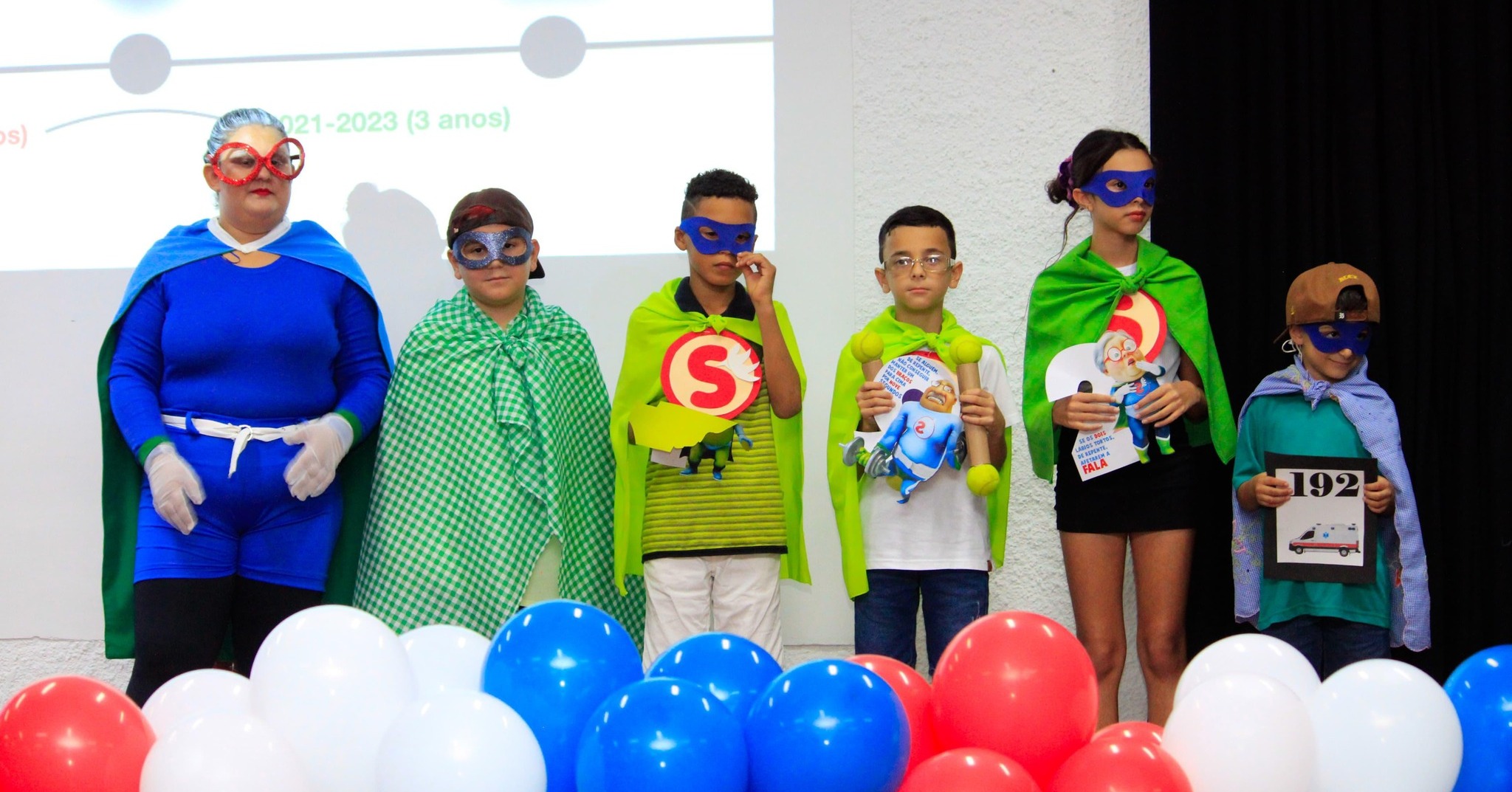
Работата с „Ангели“ за реорганизация на цялата градска здравна мрежа значително разшири свещенството, но д-р Диогенес не беше сам. Сред тези, които се включиха в проекта, беше Летисия Сантоме, местен ръководител на службата за спешна помощ SAMU, която по време на 10-годишната спешна медицинска сестра срещна много пациенти с инсулт, които „отбелязаха нейната упоритост“.
За да стане Сапукая до Сул град на „Ангели“, SAMU трябваше да спечели злато на Награди Angels за ЦСМП “ и първият проблем, пред който трябваше да се изправят, беше, че не знаеха колко добри са те.
„Бях загрижен за нашите данни“, казва Летисия. „Не държахме точни записи на нашите случаи и нашият екип се нуждаеше от повече знания за основната роля, която доболничната грижа има в резултатите за пациентите с инсулт.
„Проведохме среща на екипа, на която очертахме нашите нови цели за време за отговор, по-точни показатели и информация, която не може да бъде пропусната по време на грижите. Отне един месец, за да се прецизират детайлите и да се стандартизира услугата. Обучението беше осигурено от д-р Диогенес, който също така насърчи интегрирането на целия процес на грижа за пациент и улесни връзката между институциите.
„След един месец преглед на данните и процеса потвърди, че грижите за пациентите, засегнати от инсулт, са станали по-бързи и по-ефективни.“
До края на 2023 г. SAMU Sapucaia do Sul знаеше колко добри са били те, само откри, че са още по-добри. След като изпратиха своите данни, за да бъдат взети предвид за Награди Angels за ЦСМП , те научиха, че са надхвърлили целта си, присъединявайки се към колегите си в Рибейрао Прето като единствените компании за СМП в Бразилия, които отговарят на критериите за диамантена награда.
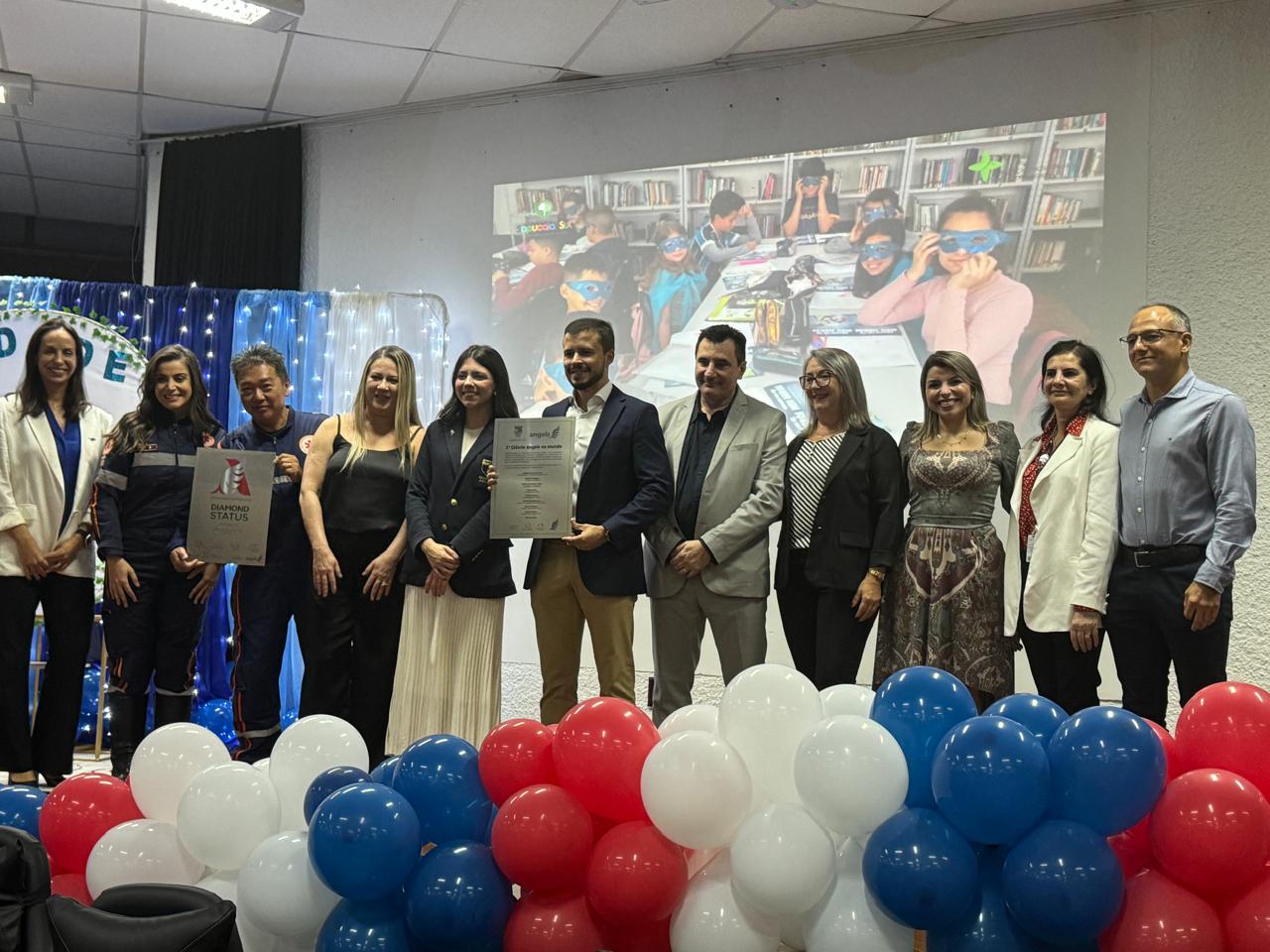
Нощ на гиганти
Всички, които чуха пеенето на Сесилия Брага на 25 март, помогнаха за превръщането на Сапукая до Сул в град на „Ангели“, включително тези, инвестирани със силата да променят правилата, чиято подкрепа е незаменима за стратегията „Градове на „Ангели“.
Кметът Волмир Родригес произнесе реч, в която посвети наградата на населението. Общинският секретар по здравеопазването Флавия Мота забеляза, че хора от различни дисциплини, работещи за една цел, са позволили на града да спаси повече животи. Джойди Фелипин, която оглавява секретариата по здравеопазване, похвали учителите и учениците в града за това, че „се събират в полза на живота“. Изпълнението на базираната в училищата програма за обучение по инсулт, FAST герои, вече беше задължително за третите ученици в общинската мрежа и 200 учители вече бяха обучени да запознаят около 4000 ученици с признаците на инсулт и значението на обаждането 192.
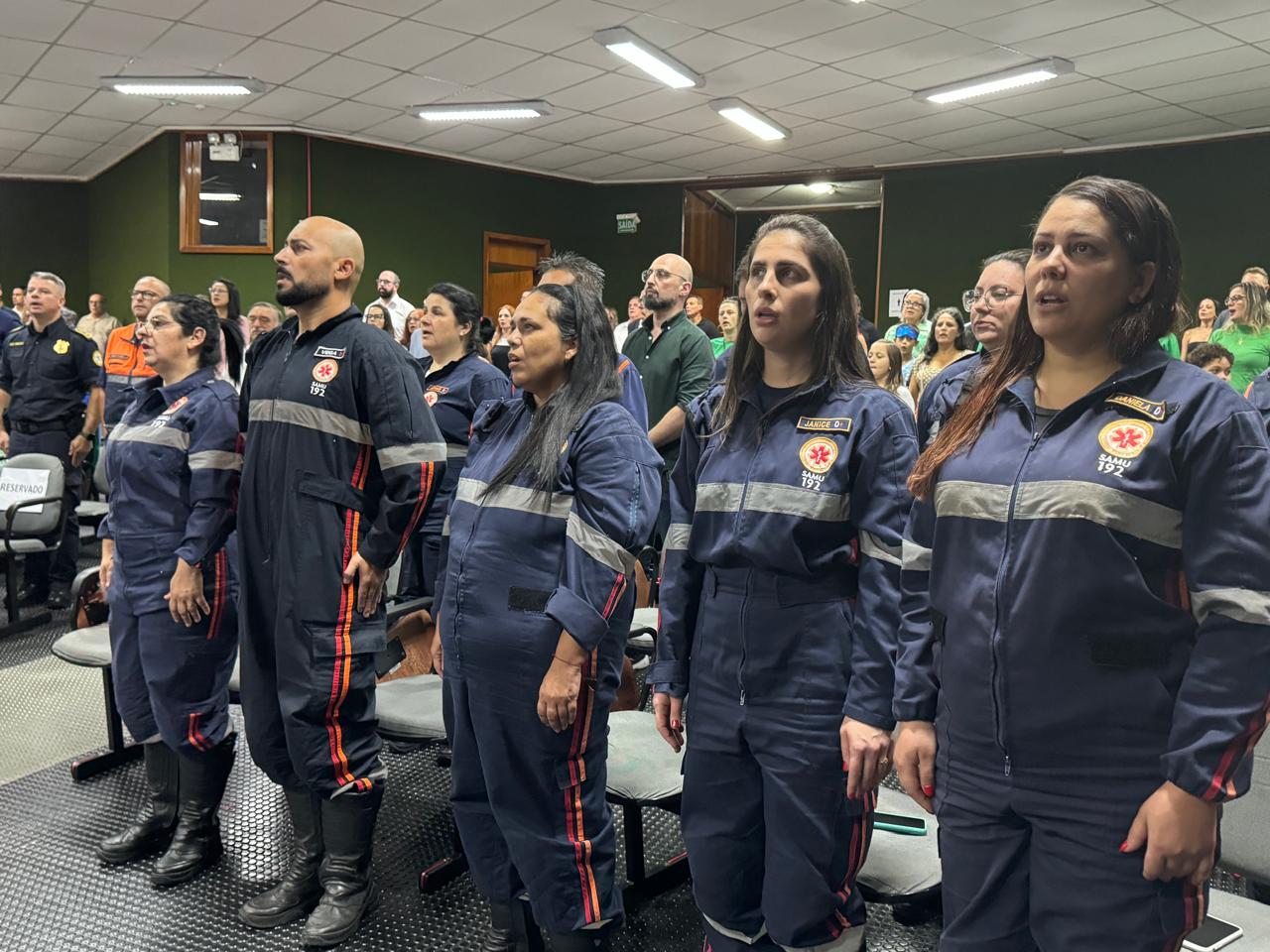
Те бяха свидетели на друг закон за движение – силата, която се генерира, когато всеки промени посоката си и се ускори заедно към обща цел. За да произведе този вид енергия – видът, който прави промяната заразна – д-р Диогенес използва своето разбиране за управлението на бизнес процесите (BPM), дисциплина, за която той е страстен.
Общинската болница Getúlio Vargas не е получила допълнителни ресурси за подобряване на грижите за инсулт, казва той. „BPM направи разлика, защото включва спестяване на ресурси чрез оптимизиране на процеси, които включват конкретна цел. Процесите и стъпките, които не са толкова полезни или отнемат повече време, са заменени с такива, които са опростени, по-бързи, агресивни и по-евтини.“
Прилагането на BPM към организирането на пътеката за инсулт е темата на докторската дисертация на д-р Диогенес, която се контролира от проф. Шийла Мартинс, бивш президент на WSO и основател и президент на бразилската мрежа за инсулти. Проф. Мартинс също така наблюдава магистърската си дисертация и нейното присъствие в залата в най-щастливата нощ от живота на д-р Диогенес е от голямо значение.
Това предизвиква още една нютонийска референция: „Ако съм виждал нещо по-далеч от другите, то е като стоя на раменете на гиганти.“
